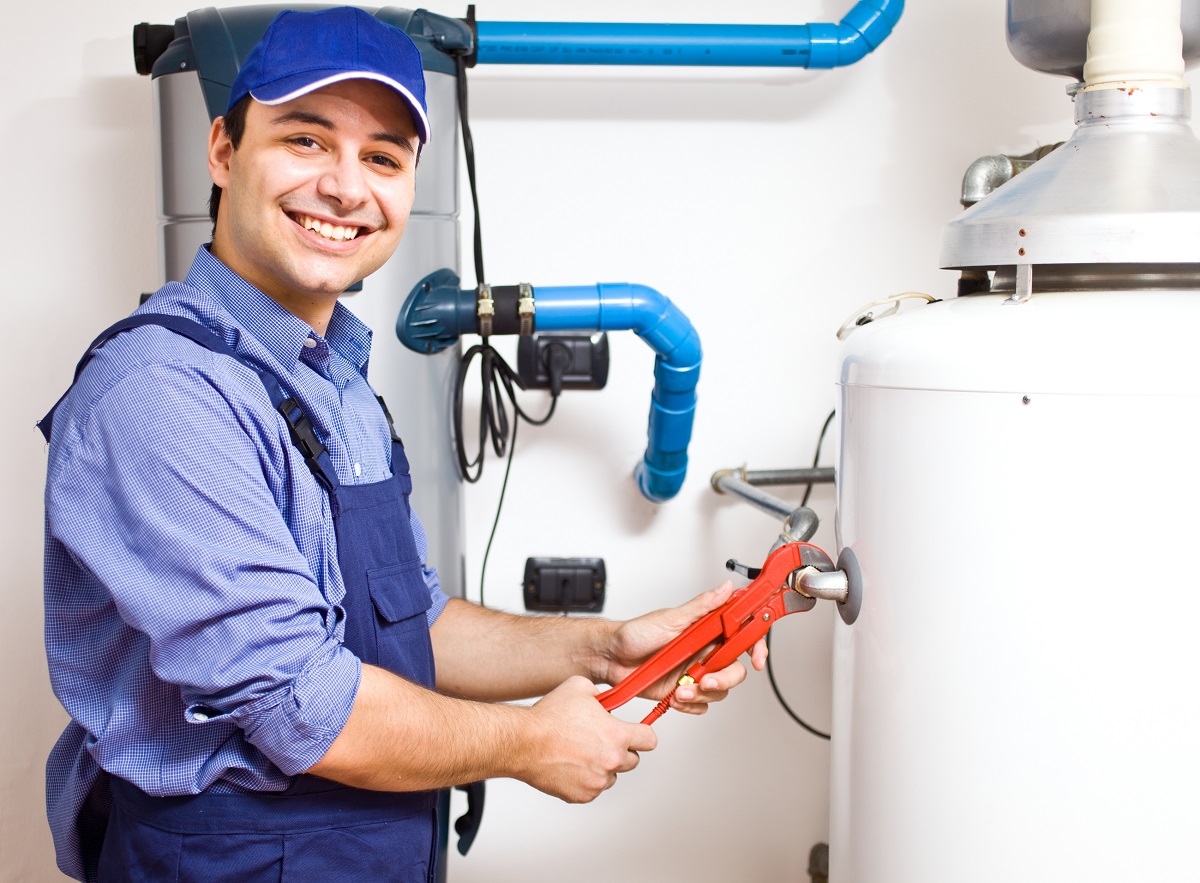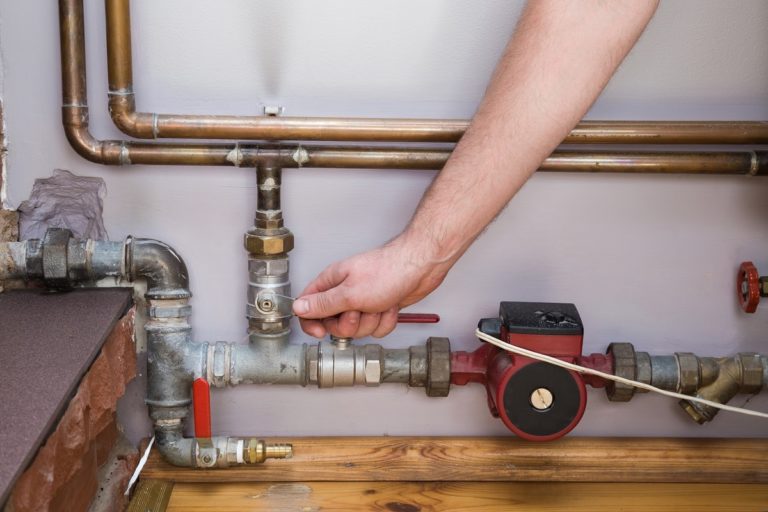The holidays are only a month away and so is the cold season. Winters rarely reach freezing temperatures in Millcreek, Utah, but they can still be blistering. This is why apart from having an efficient HVAC system, you should also have an effective water heater. These machines can last for more than a decade. However, there are tell-tale signs that it needs replacing.
These include:
- Leaks — These can easily be fixed by licensed and experienced plumbers. You could also bust out the old crescent wrench and other tools and fix them yourself. However, if there are too many leaks or if the leak is expensive to repair, you’re better off getting a new unit.
- Malfunctioning — Imagine having a nice warm shower after a tiring day and the water temperature suddenly goes from hot to freezing. If this happens all too often, your heater’s tank may not be big enough to accommodate your household’s need for hot water. You’re due for an upgrade.
- Expired Warranty — Water heater warranties often last up to 12 years. If yours lasts longer than that, great! But know that it’s no longer covered when it gets significantly damaged. You’ll end up with expensive repairs, so you might as well get a new one.
The Department of Energy (DOE) suggests looking at the following factors when choosing the type, model, and brand of water heater you’ll get:
- Power Source — This significantly affects the operation costs of your heater, as well as its size. This will be discussed in depth later.
- Efficiency — Water heaters, especially electrical ones, can create significant spikes in your utility bills if they’re inefficient. Make sure to look for ones with the Energy Star label and choose the model with the best efficiency score. The higher it is, the more efficient the machine will operate.
- Size — This depends on the size of your household. If you live alone, then a small, 20-gallon heater will be enough for your daily baths. If you’re living with housemates or loved ones, you may want to get one with a large tank that can hold some 60 to 80 gallons of hot water.
These factors all depend on the type of water heater you’ll get. They all have their strengths and weaknesses.
Here’s what you should know about each type to find out which one is best for you.
Storage Tank
This is the most conventional type of water heater that can be found in millions of homes across the U.S. It uses gas or electricity to heat the water. The heated liquid is then stored in an insulated tank. When the water is needed, a pipe siphons it from the tank to its destination.
Pros: This type’s main benefit is its price. Storage water heaters are quite affordable compared to other types. The average cost of a 40 to 50-gallon tank is about $900. Because they’re so common, it’s also easy to find professionals that service and repair them.
Cons: Because the heated water needs to be stored in a tank, they need to occupy a large space in your basement. The stored water is also prone to heat loss, especially if you’re using a basic model. There’s also the possibility of running out of hot water when there are multiple people using it.
Tankless

This type provides hot water on-demand. Instead of storing it, tankless heaters heat the water instantly using coils.
Pros: You get hot water in an instant. What’s not to love? It’s also more efficient, as it heats the water as you go. You don’t need to keep it insulated or heated in advance. And since it doesn’t need a tank, you also save space in your home.
Cons: These can only provide limited amounts of hot water at a time. Consumer Reports stated that the average tankless model can put out 3.5 gallons of hot water a minute, depending on the temperature. It can’t provide hot water to different outlets simultaneously, too. So if someone’s using hot water for the kitchen sink, good luck getting it in the shower.
Heat Pump
This is a hybrid between a tank and a tankless heater. They capture heat from the air and transfer it to the water.
Pros: They consume significantly less energy than standard heaters. According to the DOE, you can save up to $300 every year on utility bills when you use a heat pump heater instead of a storage tank heater.
Cons: They’re more expensive than traditional heaters upfront. Their basic models cost about $1,100. They don’t work well in cold spaces, too. So if you’re in a cold state during wintertime, it’ll work overtime and consume more energy just to give you hot water. They’re also huge, as heat pumps need a minimum of seven feet clearance from your floor to your ceiling.
Condensing Water Heaters
If you use a gas heater for your HVAC system, you might as well get a condensing heater. They capture exhaust gases from your furnace and blow it through a coil to heat your water.
Pros: Because they reuse gas, condensing water heaters help you save on your heating costs. This makes for an efficient operation overall.
Cons: Condensing heaters take in gases with temperatures of up to 300 degrees Fahrenheit and cool them down for use. This intense process can end up corroding and degrading the components and materials. As such, this type may need regular servicing to ensure it’s running well.
Solar
This uses a cell mounted on your roof, which absorbs the sun’s heat, transfer it to a fluid system that heats your water.
Pros: You don’t have to use gas or electricity to heat your water. The sun does the job for you. It’s efficient and environmentally friendly. It’s also low-maintenance, so you don’t have to worry about servicing or repairing it for decades.
Cons: You may end up saving on bills, but not on upfront costs. The average price of a solar water heater is about $3,500, according to Angieslist. It also depends on your area’s climate. If you don’t live in a sunny area, you may end up having difficulties getting your water heated to your desired temperature.
If you want a no-frills heater, go with the storage-type. It’s sure to fit your current system and it’s inexpensive. If you’re saving space, go tankless. If you value efficiency above all and don’t mind steep upfront costs, solar, condensing, and heat pump types should serve you well.
With a high-quality heater, you don’t have to worry about cold showers ever again.




